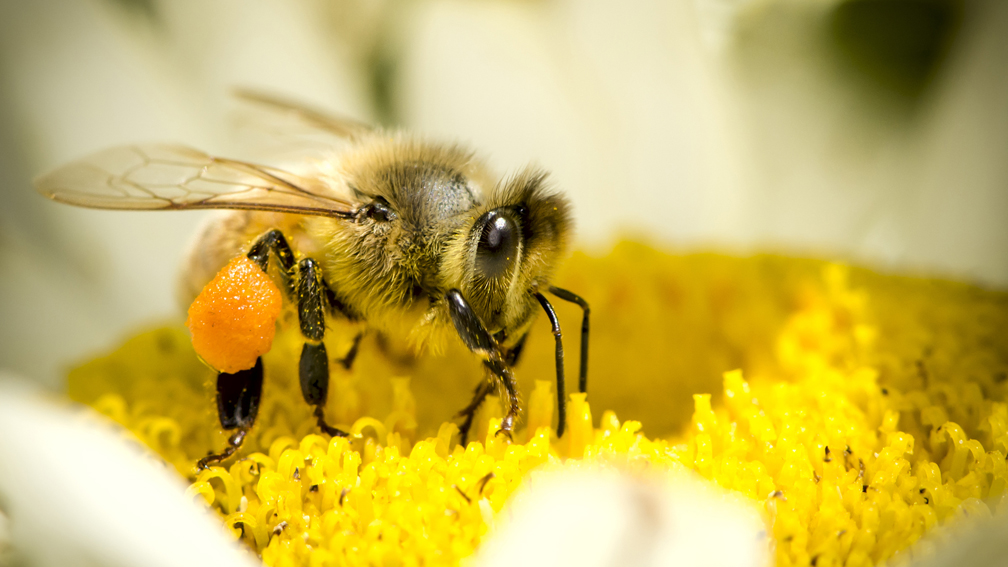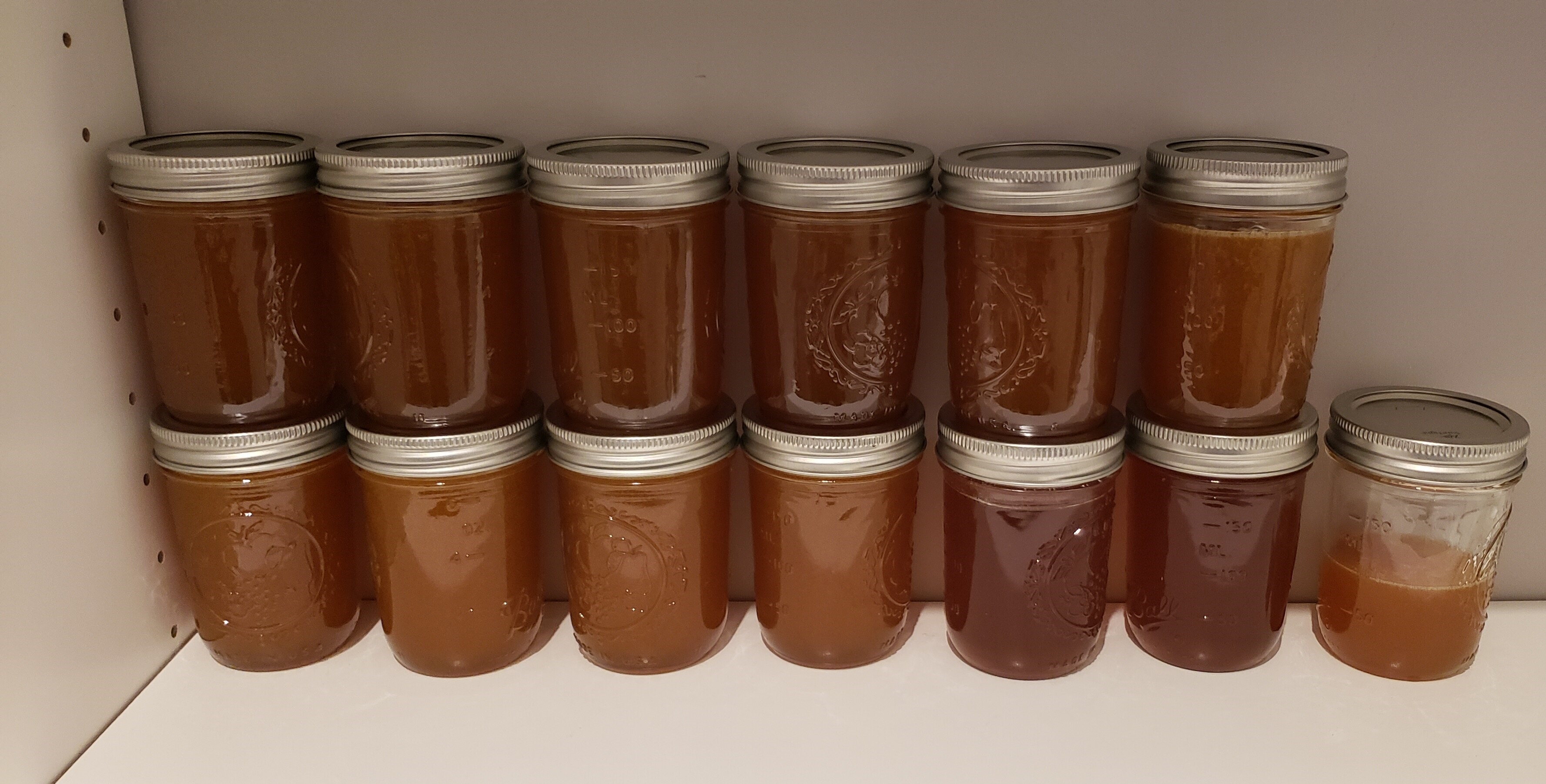Beekeeping with Caroline
All About Raw Honey: How Is It Different Than Regular Honey?
Honey is a thick, sweet syrup made by honeybees.
It’s loaded with healthy plant compounds and has been linked to several health benefits.
However, there’s controversy surrounding which type of honey — raw or regular — is healthiest.
Some people believe that the raw variety of honey is better for optimal health, while others claim there is no difference between the two.
What Is Raw Honey?
Raw honey is best described as honey “as it exists in the beehive”.
It is made by extracting honey from the honeycombs of the hive and pouring it over a mesh or nylon cloth to separate the honey from impurities like beeswax and dead bees.
Once strained, raw honey is bottled and ready to be enjoyed.
On the other hand, the production of regular honey involves several more steps before it is bottled — such as pasteurization and filtration.
Pasteurization is a process that destroys the yeast found in honey by applying high heat. This helps extend the shelf life and makes it smoother.
Also, filtration further removes impurities like debris and air bubbles so that the honey stays as a clear liquid for longer. This is aesthetically appealing to many consumers.
Some commercial honeys are additionally processed by undergoing ultrafiltration. This process further refines it to make it more transparent and smoother, but it can also remove beneficial nutrients like pollen, enzymes and antioxidants. Moreover, some manufacturers may add sugar or sweeteners to honey to reduce costs.





*The statements on this site have not been evaluated by the Food and Drug Administration. Products are not intended to diagnose, treat, cure or prevent any disease.